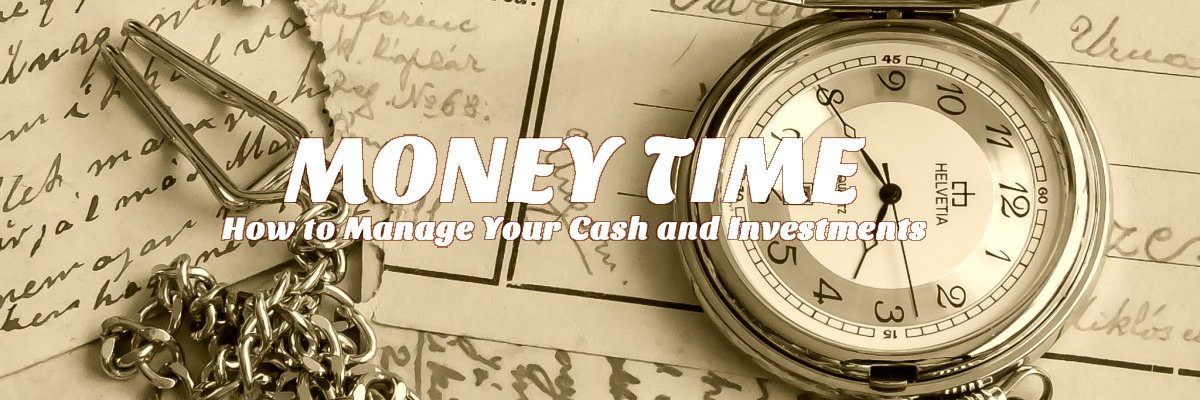 It’s one of the great debates in the workplace: should you ask the payroll department to withhold more taxes than you owe, less, or about what you expect to owe when it is time to file your taxes?
It’s one of the great debates in the workplace: should you ask the payroll department to withhold more taxes than you owe, less, or about what you expect to owe when it is time to file your taxes?
Having been in all three positions many times through the years, I vote heartily for always lending the government as much interest-free money as possible. That is because I always prefer to receive a nice big fat refund at the end of the year. Here is what I have learned from real-life experiences about trying to pay only as much tax as I owe or less than I owe.
You Live on What You Bring Home
Most of us are terrible at keeping promises to ourselves about saving money. I find the easiest way to save money is to never let it appear in my checking account to begin with. Once I have money in my checking account I use it pay bills, buy things, or to go out and have fun.
So if you don’t have a lot of different savings plans in place, you’re living above your practical means. And that means that if you owe the government taxes when you file you will be faced with financial hardship until you pay that tax bill.
It is better to have the government owe you the money.
You Cannot Foresee Financial Emergencies
If you ask your payroll department to withhold the maximum allowable tax from your pay, you’ll maintain some flexibility in your take-home pay. If you have to take on a sudden, unexpected major expense (such as taking on a new car loan or mortgage) you may be able to cover the extra expenses by adjusting your tax withholdings. Of course, you only want to do this temporarily. If you can readjust your tax withholdings within six months (so that you once again have the maximum withheld) you should do that.
Being able to increase your take-home pay to cover an emergency loan is an immensely empowering option. You won’t have to juggle your other payments so much (or at all) and you’ll give yourself time to work out an alternate strategy for paying down the new debt.
But your goal should always be to return to having the maximum tax withheld from your paycheck.
It Is Easier to Save a Large Refund than a Small Part of your Paycheck
Since you go for 12 months living on less than you actually earn it is much easier to invest a refund than it is to invest a small amount of money each week. Sure, in an ideal situation you might invest 1/52nd of your expected maximum tax refund each week and therefore earn more money. But the truth is that few people ever do this. So the next time someone argues that it is better to save a little bit of money each week and invest that money, smile and remind yourself that most people never do this.
Although it is a logical better option, in practice it goes nowhere. So if you really want to save money then the best way to do that is to never have the money to spend in your daily checking account activity. Just wait until you get your refund and then have that directly deposited into your savings account or investment account.
You Can Reward Yourself with a Refund More Easily than with a Weekly/Monthly Paycheck
Most of us live on budgets and those budgets tend to be worked out down to the last penny. So when you want to take a special trip or buy some expensive item, planning on using a tax refund is better than planning on using a credit card or juggling payments for your bills.
Given a choice between spending an annual tax refund or borrowing money to pay for a large expense, it is always preferable to wait for the tax refund. The government may not pay you interest but at least you won’t be paying someone else interest on that big purchase, and that could save you hundreds, maybe even thousands of dollars.
